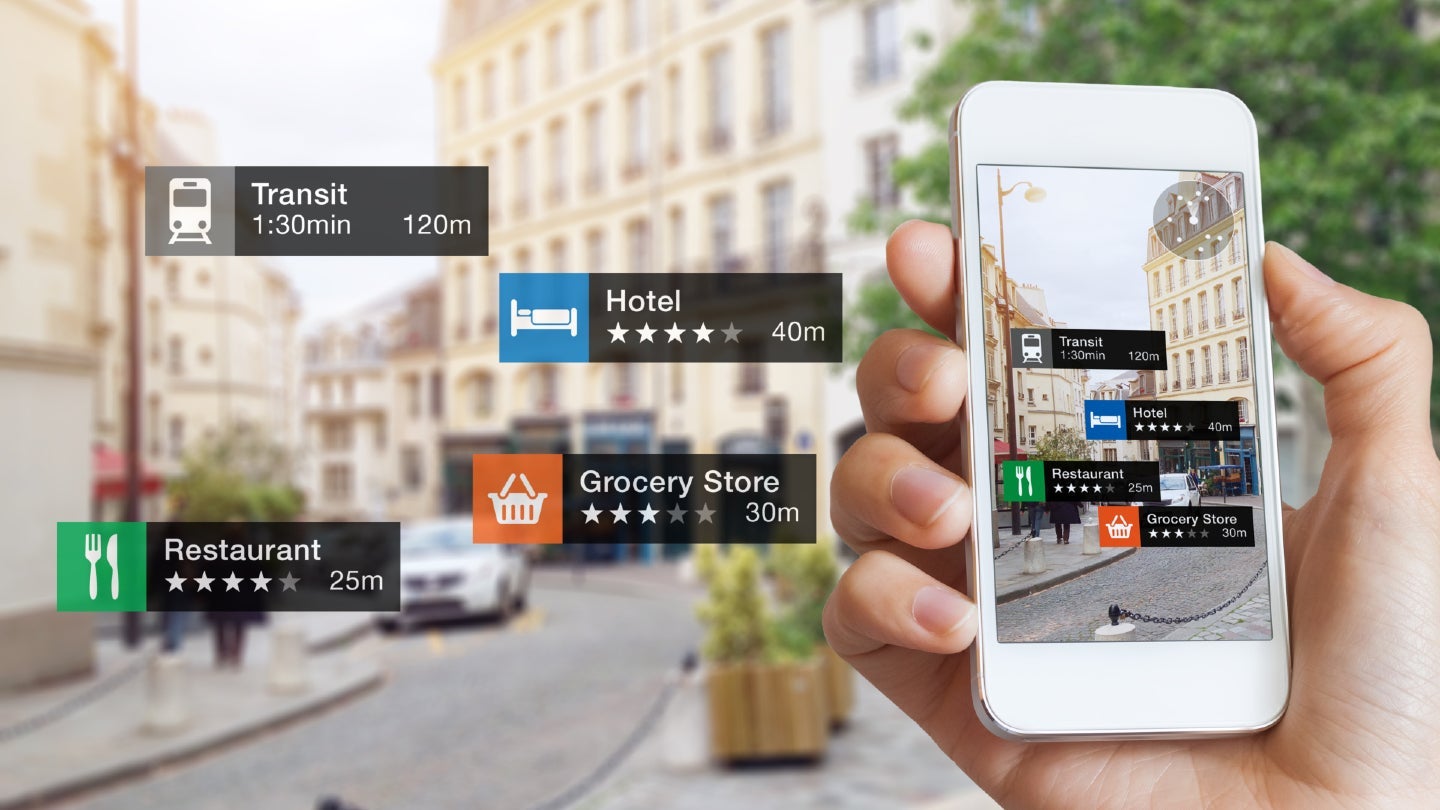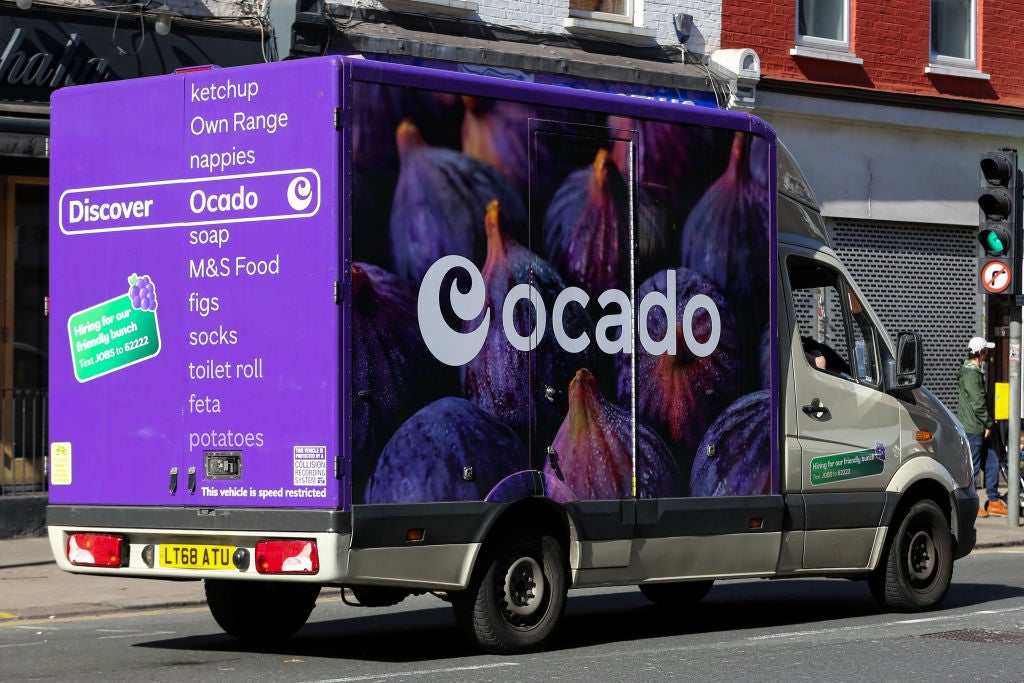
As the global travel and tourism sector continues to recover from the Covid-19 pandemic, emerging technologies are becoming increasingly key for businesses within the sector.
In particular, artificial intelligence (AI) is being touted as part of the solution to the industry’s staffing crisis.
As Nicholas Wyatt, head of analysis for travel and tourism at GlobalData, told Verdict’s sister site Hotel Management Network in December: “Hotels have struggled to lure back some of the workers that left the industry at the height of the pandemic as the travel sector virtually ground to a halt. This situation has been exacerbated by struggles to attract new workers and the result is an almost worldwide issue with staffing.”
Cybersecurity, meanwhile, has been a rising concern for some time, and that is not going to change. GlobalData associate analyst Megan Cross explained in the same article: “2023 saw several high-profile data breaches, including international hotel chain MGM Resorts’ cybersecurity incident in September. With the scale and sensitivity of data held on travellers, ensuring strong protection measures is imperative.”
Speaking to Hotel Management Network ahead of the Key Themes in Travel & Tourism for 2024 webinar on 20 March, for which registration is now open, GlobalData analyst Monia Borawi discussed the growth of cybersecurity as a critical area of focus, the use of data for customer-focused personalisation and the importance for businesses of investing in emerging technologies like AI.
What has been the most significant tech theme in travel and tourism over recent years?
Borawi: One significant theme for the travel and tourism space in recent years has been cybersecurity. The travel industry holds hugely valuable and sensitive data on every traveller. If these data points are not well protected, there are significant risks for customers, who could have their data stolen. Such breaches can damage a company’s reputation. Several high-profile companies within the sector have made negative headlines due to poor cybersecurity measures.
How well do you really know your competitors?
Access the most comprehensive Company Profiles on the market, powered by GlobalData. Save hours of research. Gain competitive edge.

Thank you!
Your download email will arrive shortly
Not ready to buy yet? Download a free sample
We are confident about the unique quality of our Company Profiles. However, we want you to make the most beneficial decision for your business, so we offer a free sample that you can download by submitting the below form
By GlobalDataCybercriminals exploit vulnerabilities within a cybersecurity strategy, so a rigorous approach is central to effective risk management. To tackle cyber threats, a company’s cybersecurity strategy must involve contingency planning, outlining immediate actions, post-breach responses, and an understanding of the company’s current cyber risks. The travel and tourism sector is one of the most susceptible to cyberattacks, ranking third in incidents according to the 2020 Trustwave Global Security Report. With attacks becoming more common and increasingly sophisticated, the risk and impact of cyber-ignorance are escalating.
What will be the most significant tech themes during 2024 and why?
AI has seen a large rise in relevance for the travel and tourism industry. AI is not a new theme but has been incorporated into devices, business applications and productivity tools for some time. The advent of ChatGPT, the language model launched in November 2022 by OpenAI, paved the way for the current hype surrounding this technology. Companies are keen to take advantage of these new capabilities, particularly in areas such as sales, marketing and customer support.
Airlines, airports and travel intermediaries would benefit from investing in the human-AI interaction layer to improve operational efficiency. The lodging and cruises sectors would benefit from computer vision technologies for check-in and boarding processes, while attraction operators could use them for occupancy monitoring. Pattern recognition, planning and forecasting capabilities are extremely useful across all travel industry segments.
Travel executives have also increasingly realised that building more relevant and personalised customer experiences is critical because it helps differentiate their brands in an increasingly competitive market. From hotels to booking sites to social media, executives and CEOs are thinking about the ways personalisation can help them reach and sell to customers more effectively. With more choices open to consumers, travel brands face significant pressure to attract and retain customers. This means even more importance is placed on driving success from the company’s website and marketing channels.
The customer experience is becoming more personalised and the only way to do it is to know enough about each customer. The road to personalisation is paved with data. Customer knowledge comes from the collection and analysis of customer data, which is why data is so important to personalisation. The data collected enables companies to better understand their customers’ needs and expectations, make faster and more informed decisions and provide customers with the personalised experiences they crave.
How will the current key themes shape the industry today and in the future?
The integration of AI into the travel and tourism industry is revolutionizing various aspects, from customer service to predictive analytics. AI-powered chatbots and virtual assistants streamline customer interactions, providing personalised recommendations and assistance 24/7. Moreover, AI algorithms analyse vast amounts of data to forecast travel trends, optimize pricing strategies and enhance operational efficiency. As AI continues to advance, its role in automating routine tasks and personalizing experiences will be pivotal in shaping the industry’s future, driving greater convenience and satisfaction for travellers while optimizing resources for businesses.
Personalisation has become a cornerstone of the travel and tourism industry, as travellers increasingly expect tailored experiences that cater to their preferences and interests. From personalised recommendations based on past behaviours to curated travel itineraries, companies are leveraging data and technology to create bespoke experiences at every touchpoint of the customer journey.
As advancements in AI and machine learning enable deeper insights into consumer behaviour and preferences, personalised marketing campaigns, dynamic pricing strategies and hyper-targeted offerings will become more sophisticated, enhancing customer satisfaction and loyalty. Furthermore, personalisation fosters a deeper emotional connection with travellers, leading to enhanced brand loyalty and advocacy in an increasingly competitive landscape.
How are companies innovating and investing in current key themes?
Companies are investing in AI-powered technologies to enhance customer experiences and operational efficiency. This includes the development of intelligent chatbots and virtual assistants for personalised customer service, predictive analytics for demand forecasting and pricing optimization and AI-driven recommendation engines to tailor offerings to individual preferences. Major players are also exploring AI applications in robotics for tasks such as luggage handling and cleaning, improving overall service quality and reducing labour costs.
Companies are investing in data analytics and machine learning capabilities to deliver personalised experiences at every stage of the customer journey. This includes leveraging customer data to offer customised recommendations for accommodations, activities and dining options, as well as creating tailored marketing campaigns based on individual preferences and behaviours. Some companies are also implementing dynamic pricing models that adjust rates in realtime based on demand and customer profiles, maximising revenue while ensuring competitive pricing.
How can travel and tourism companies harness key themes for success?
Companies should invest in AI-driven technologies to enhance customer experiences and operational efficiency. By leveraging AI-powered chatbots, virtual assistants and predictive analytics, companies can provide personalised recommendations, streamline booking processes and optimize resource allocation. Embracing emerging technologies such as augmented reality (AR) and virtual reality (VR) can also create immersive and engaging experiences for travellers, setting companies apart from competitors.
Companies should prioritize personalisation throughout the customer journey, from pre-booking to post-trip engagement. By leveraging data analytics and machine learning algorithms, companies can tailor offerings to individual preferences, anticipate customer needs and deliver targeted marketing campaigns. Personalised experiences not only enhance customer satisfaction and loyalty but also drive revenue growth through upselling and cross-selling opportunities.
Overall, by embracing the key themes of AI and personalisation, travel and tourism companies can differentiate themselves in a competitive market, drive customer satisfaction and loyalty and position themselves for long-term success in an evolving industry landscape.
GlobalData’s Key Themes in Travel & Tourism for 2024 webinar on 20 March will examine the impact of several key themes on the travel and tourism sector in 2024, including AI, ESG and personalisation.







